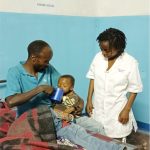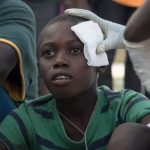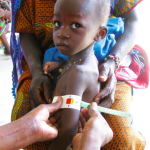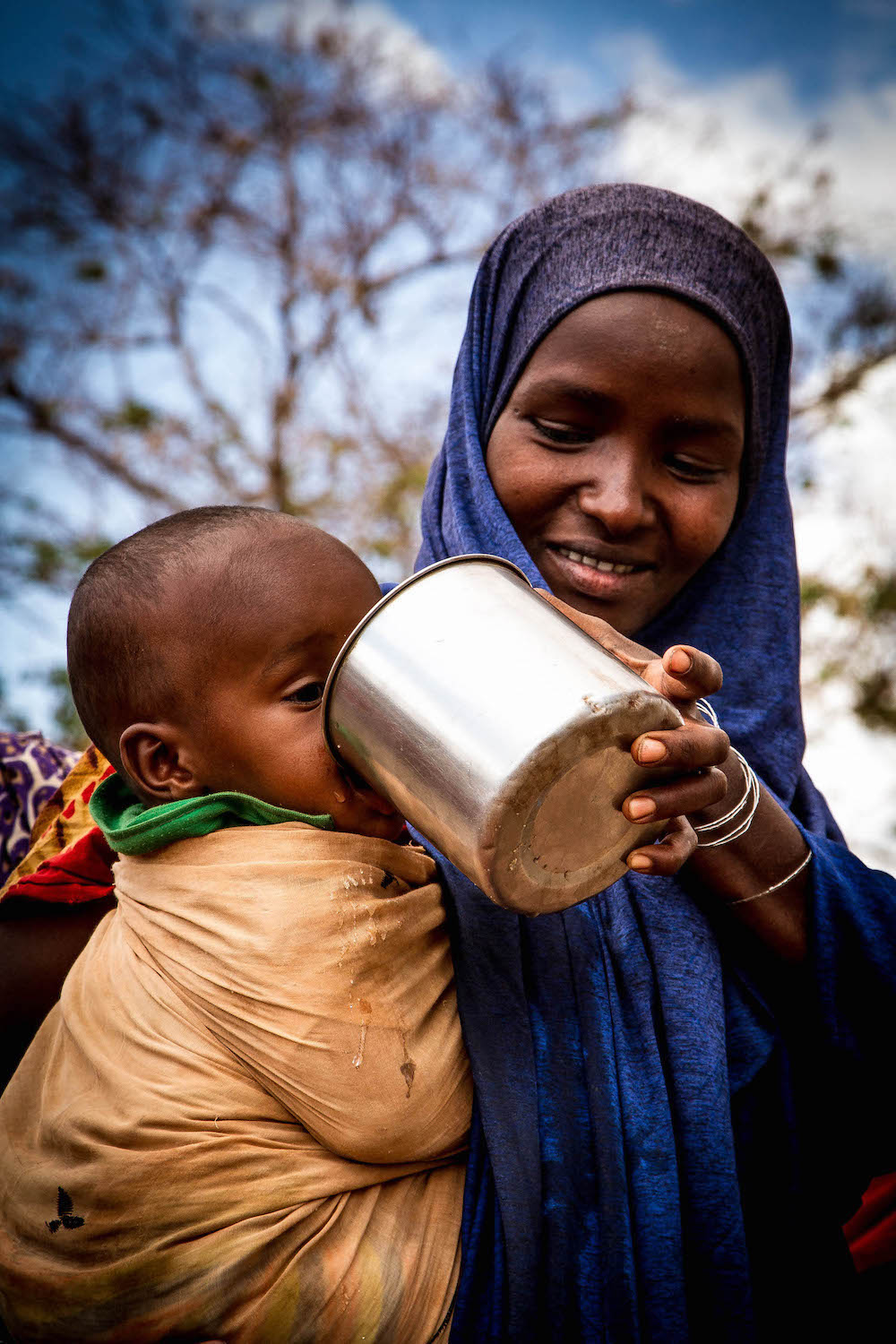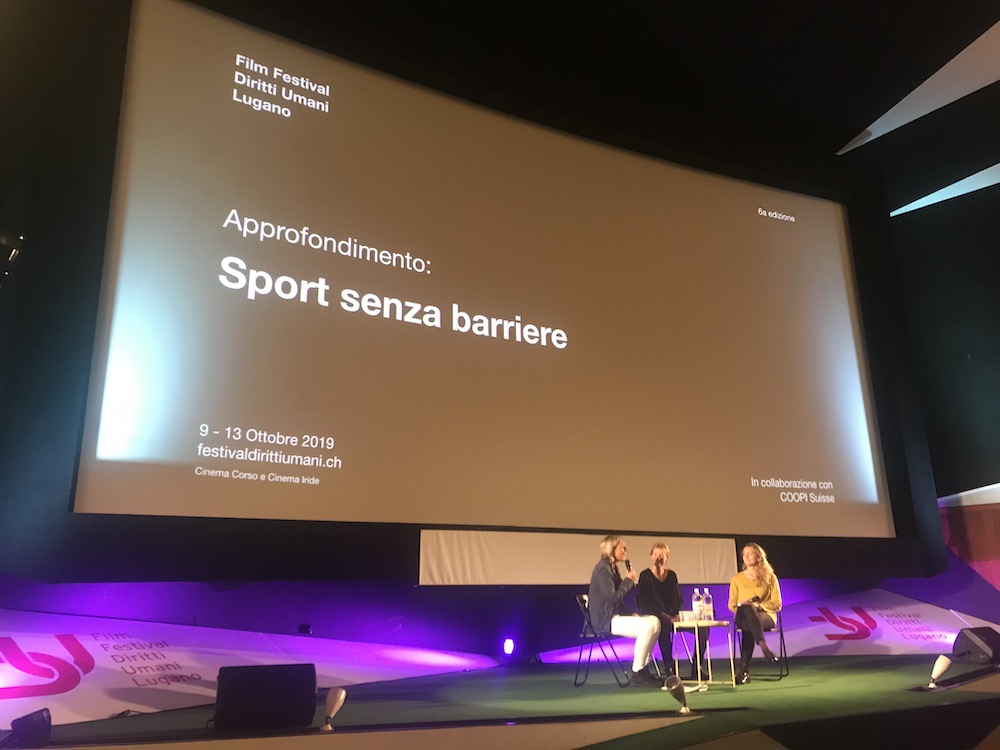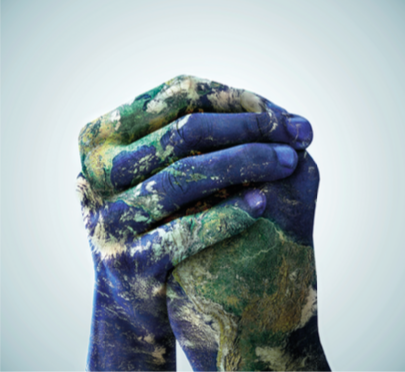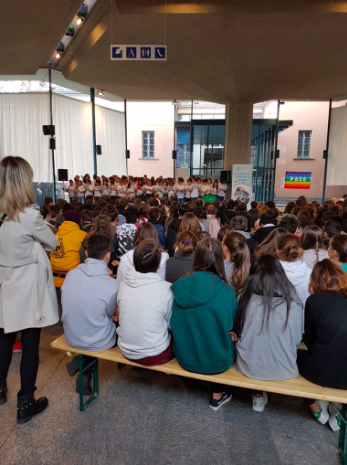RAISED: € %RAISED%
Water, a primary good in the Central African Republic (PROJECT 037)
The Central African Republic is a country torn apart by internal wars and violence that has been experiencing a major humanitarian emergency since 2013.
Penultimate in the world in terms of human development index, it is a country of 4.9 million people, of whom around 3 million require humanitarian assistance for survival and access to basic services.
In the Central African Republic, about half of the population has no access to drinking water. Here, women and children use most of their energy on a daily basis for water supplies, often at water wells of poor quality for domestic use, with containers that are not functional for transport and need. A journey that involves hours of walking, long waits at water points and the danger of violence.
Another sore point is the lack of sufficient sanitation facilities for the needs of the population both at household and community level: an example is schools where only 63% have efficient latrines and only 10% water coverage.
In this situation, COOPI Suisse is carrying out several activities in the South-East of the country - in the prefectures of Ouaka, Basse Kotto and Haut Mbomou - which can significantly improve access to water and sanitation for thousands of people: in Alindao, Bakala and Zemio, the rehabilitation of 5 water points, the construction of a well and the installation of community toilet blocks at stations, markets and health centres, also structured for people with disabilities, is underway.
The rehabilitation of 1 of the abandoned water points has already been completed, providing some 500 people with good quality water.
The project as a whole will bring relief directly to 3,300 people and indirectly to the 29,100 inhabitants of the communities involved.
As part of the project, COOPI Suisse is also setting up Management Committees, made up of inhabitants of the localities affected by the project who are trained to be able to report any problems and malfunctions of the water facilities, carry out minor maintenance and raise the awareness of the local communities to the good maintenance of the common good.
Direct beneficiaries: 3,330 people (including at least 1,671 women)
Indirect beneficiaries: 29,100 inhabitants (estimated 14,608 women) of the three municipalities of Zemio, Alindao and Bakala
Duration: January 2021 - December 2021





